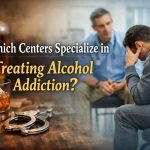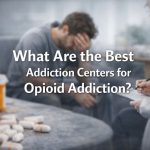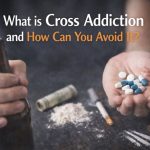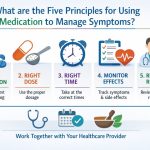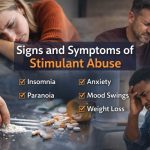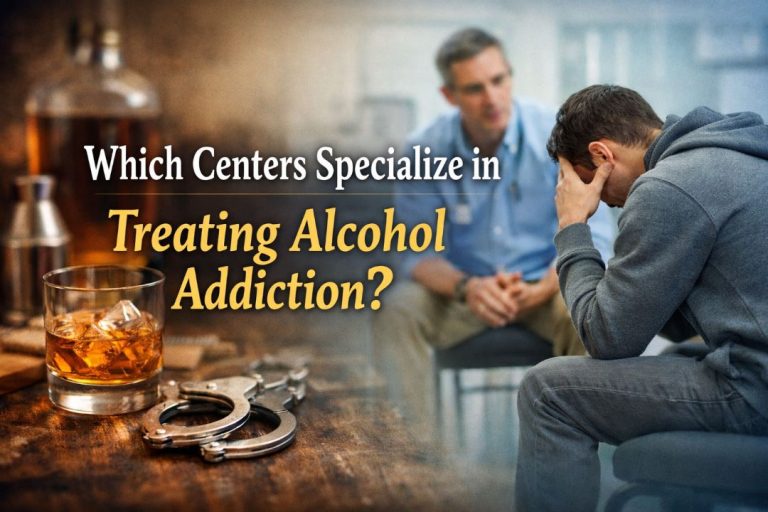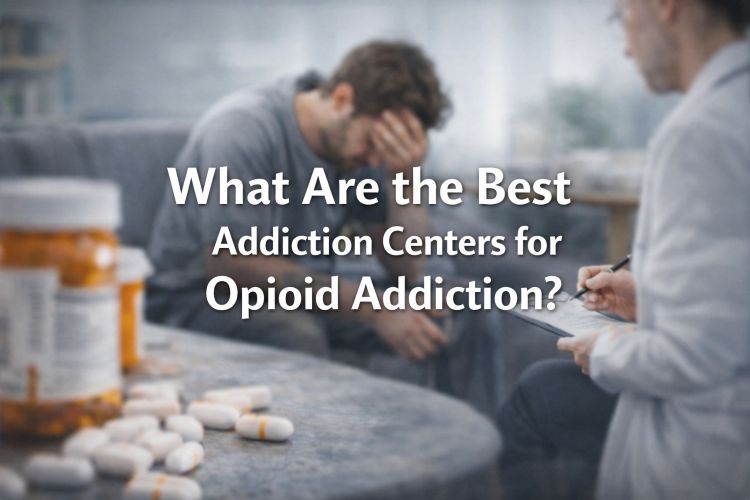Social media has become an integral part of our lives in today’s digital world. It has changed the way we communicate, how we share information, and even how we manage our relationships. Millions of people all over the world scroll through feeds of content, from platforms like Facebook, Instagram, TikTok, and Twitter. Although these platforms certainly provide convenience and entertainment, too much of it can cause social media addiction. It can severely impact your mental health.
The Link Between Social Media and Mental Health
The more time people spend on social media, the greater the odds they will experience symptoms of mental health disorders, researchers say. It all has to do with brain chemistry, the brain’s reaction to social media usage triggers the release of dopamine — the same chemical that’s also involved in other forms of addiction. Each like, comment, or notification makes the brain want more interaction and users compulsively check their phones to respond.
It does not end with addiction to the platform itself, however. Social media too often shows us a world that appears perfect, and we are encouraged to feel as if our lives are too ordinary. Constant comparison is soul-eating and can lead to feelings of deficiency, anxiety, or depression. However, for some, this spiral can become too much and can harm an individual’s overall well-being.
Mental Health Risks of Social Media Addiction
Anxiety and Depression
Anxiety and depression are certainly some of the biggest mental health risks associated with social media addiction. Social media platforms are created to make users stay and stay involved but therein lies the cost for their mental health. The validation through likes comments, and followers put pressure and stress. If a post doesn’t get as much interaction as you would think, that can be grounds for feeling rejected or inadequate and can trigger anxiety symptoms.
On the other hand, social media promotes rivalry on the platform. People compare what they are doing, what their lives are like, their appearances, and their achievements to everyone around them. They lead one to feel inferior and depressed. For people who have low self-esteem, social media can make it much worse and harder to stay positive.
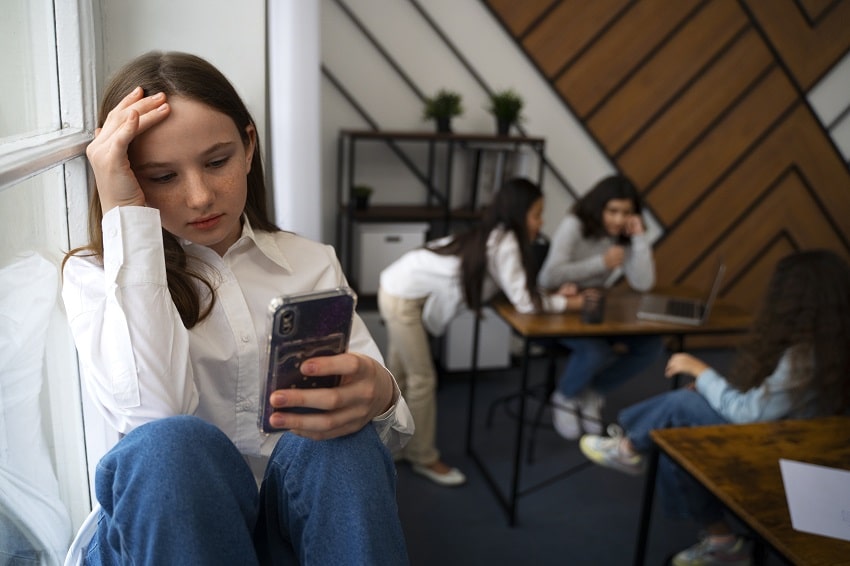
Sleep Disorders
Social media can be disruptive to sleep because of its always-on nature. Users said they check their phones before bed and even wake up in the night for notifications. Engaging with screens, especially in the evening, constantly interferes with the body’s natural sleep-wake cycle. Screens emit blue light that inhibits the hormone (melatonin) that regulates sleep. In time, bad sleep quality can play a part in affective pathologies like nervousness, depression, and irritability.
Increased Attention span and Cognitive issues
Short, well-produced content that draws or grabs the viewer’s attention is what social media is based on. This can be either short 15-second videos or a constant scroll through what appears to be an endless feed that keeps our minds as distracted as possible with this bombardment of information, and it makes it so we can’t pay attention to long-form content to engage in lengthy thought. We have known for years that people who are addicted to social media have a shorter attention span and may find it difficult to concentrate elsewhere, like at work or school. It can, over time, harm cognitive function and your overall mental well-being.
Body Image issues and low Self-Esteem
Social media’s unrealistic beauty standards can have devastating effects on young people’s self-esteem. It filters and photos edits about how ‘perfect’ your shot is, creating an idealized world that is not real. What this means for many is that it can lead to body dissatisfaction and low self-esteem as people try to achieve some impossible standard.
Social media, however, can exacerbate feelings of inadequacy about appearance, research suggests, resulting in such harmful behaviors as severe dieting, cosmetic surgery, or disordered eating. It constantly leads to comparing yourself to others’ curated lives, which causes you to feel inadequate and further mental health problems.
Get Help at Palm Coast Treatment Solutions
Palm Coast Treatment Solutions is here to provide help if you or a loved one is suffering from anxiety, depression, or addiction to others as a result of social media. Our experienced team provides mental health treatments that can be tailored to get back control of your mental health and recover from social media addiction. We are here to support you. Contact us today to start your healing journey.
100% Confidential Support is Available 24/7
No matter what you’re going through, you’re not alone. Our dedicated team is here to provide a safe, judgment-free space where you can talk openly and honestly. Whether you need emotional support, resources, or just someone to listen.
We’re here for you—completely confidential and always respectful of your privacy. Call us today!
How Social Media Addiction Impacts Personal Relationships
Besides our health, social media addiction also affects personal relationships. The problem is that spending too much time online can make us disconnect from the world and strain family relationships and friendships. This gives online platforms so much attention, at the expense of people around us, and face-to-face communication becomes less meaningful.
Some studies have also shown that other forms of phubbing (snubbing someone in the name of checking your phone) also do relationship damage, including feelings of rejection, frustration, and resentment. Even when you’re surrounded by others in person, social media addiction can also lead to feeling isolated.
Some people, however, may not give enough importance to actual communities but would rather spend time maintaining their social media accounts, leading to the worse feelings of loneliness, and detachment. What can happen is a vicious cycle of filling the emotional void with social media, which just leads to a worse addiction.
Contact Palm Coast Treatment Solutions
Battling with Drug and Alcohol Addition? Remember, you are not alone and we are here to help you!
Tips to Reduce Social Media Use for Better Mental Health
The good thing is that if you’re feeling the negative side of social media on mental health, there are things you can do to take control. Here are a few strategies to help reduce your social media usage and improve your well-being:
- Install Social-Media Use Tools – Many phone manufacturers provide tools to keep you on track for how much time you spend on social media. Limit how much time you spend a day on the apps each day, and stick to the limits. You could also add “phone-free” slots for the day.
- The Digital Detox – This is a more radical but extremely effective one, taking a few days or even weeks break from social media. It’s time to get those offline activities in, like exercise, reading, or with the people you love.
- Do Offline Hobbies – Rediscover hobbies that don’t need a screen. Activities like painting, hiking, or playing musical instruments take some time away from checking social media all the time.
- Practice Mindfulness – Using Mindfulness techniques; like meditation can help you be more present, allowing you to not be compelled to check your phone. Consider practicing mindfulness daily to build healthier habits around technology use.

Social media addiction is a growing obsession, which is a high mental health risk, such as sleep disorders, low self-esteem, anxiety, and depression. This constant need for validation, combined with the depiction of life that can be very different from what a person may be experiencing, can have a big impact on users and in particular, younger people. Yet if you can rein in your social media usage and your mental well-being and feel in control when it comes to social use, you can break the cycle of addiction and lead a more balanced life. When you’re stuck, there’s a professional available to help you get through the process.
Palm Coast Treatment Solutions provides a full spectrum of mental health services to those with addiction and the mental health issues that often accompany it. Don’t hesitate; reach out and take that first step toward healing.






